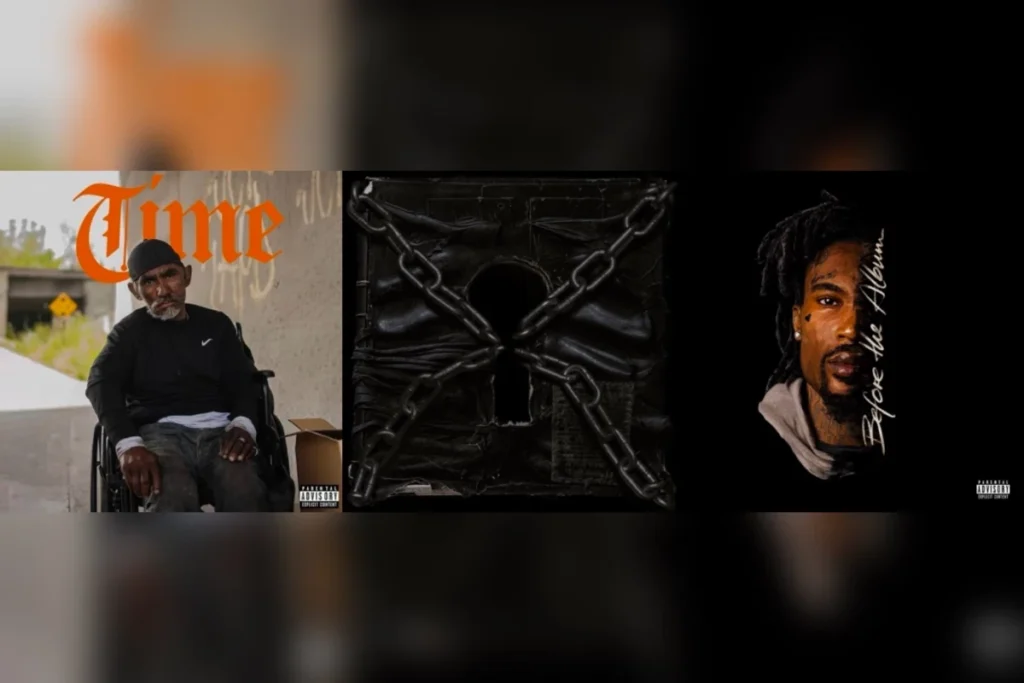After ditching the freshman dream-pop standards of 2013’s Pure Heroine for a darker electro-pop vibe on 2017’s universally acclaimed Melodrama, the hype for Lorde’s third record was palpable and immediate. For years, her fans have flooded the cyberverse with demands for a follow-up to Melodrama. The yin to Frank Ocean’s teaser-heavy-but-no-new-projects yang, Lorde remained mostly silent for four years—exiling herself at home in New Zealand, abandoning her Twitter account and putting out a memoir, Going South, about her getaway to Antarctica in 2019. Yet in 2021, the 24-year-old pop star reappeared from the shadows with a new record in tow. Collaborating with producer Jack Antonoff again, the product, Solar Power, is Lorde’s self-proclaimed “weed album.” But it’s just as much a self-imposed critique of the young fame she’s procured, transfixed on excavating an escape route from the pits of her million-dollar quarter-life crisis.
Let’s set the record straight: Solar Power isn’t the Melodrama sequel everyone spent almost a half-decade pining for. Though Lorde was inspired by her chagrin with fame on her sophomore release, she instead used it to chronicle her first breakup. On Solar Power, she nosedives fully into escapism, touting her Antarctica getaway as inspiration for her departure from superficial lyrics once primed for the limelight. Refusing to copy the same transgressions as other pop stars on autopilot, Lorde marks a tonal shift in her short discography with a record honing in on her influences of ‘70s Laurel Canyon pop, ditching the goth electronics of Melodrama. Solar Power is psychedelic in sound and intent, especially when Antonoff’s thin, shimmering guitar tones pair with Lorde’s vocal displeasure for the surroundings forced onto her by the industry. It’s a modern take on Joni Mitchell’s Court and Spark, with less masterful takes on romantic inadequacy, but just as much warm replayability.
Ahead of the record’s release, the Solar Power singles (the title track, “Stoned at the Nail Salon” and “Mood Ring”) didn’t wow on their own, but when listened to in context with the rest of the record, they each offer their own spectacularity. Specifically, “Stoned at the Nail Salon” appeared to lean hard into its own title, and the lyrics initially felt too unrealized, often circling around the distance between Lorde and her past self for a few verses too long. But when bleeding into “Fallen Fruit,” her op-ed about climate change, in which Lorde asks, “But how can I love what I know I am / Gonna lose,” her vision becomes clear: She’s seen the shitshow of the world and just wants to peace out, smoke a bowl and walk hand-in-hand with her girlfriends through psychedelic gardens. And, honestly, me too, bestie.
But the part of Solar Power that is most magnetic is how comfortable Lorde sounds when bluntly admitting she hates being the Tumblr songbird of her generation. “I thought I was a genius / But now I’m 22,” she sings on “The Man With the Axe,” professing her love for someone while checking her now-fleeting ego. Her sentiments about not enjoying fame and fortune on one of 2021’s most-anticipated albums is the perfect fuel for classic rock-loving, top-commenting Facebook shitposters. They’ll accuse her of wasting her blessings, but Lorde is just doing her best. Who are we to co-opt her journey? There’s no telling how stressful it is balancing a demanding fanbase with an earnest reckoning of happiness and success at a young age.
And Lorde doesn’t shy away from admitting that the riches she dreamt about having 10 years ago didn’t metamorphose the way she wanted, either. On “California,” while doing her best The Mamas & The Papas impression, she comes to terms with Hollywood not being as money as the movies make it seem. On “Secrets from a Girl (Who’s Seen It All),” what she called a “Eurythmics-meets-Robyn” tune in an Apple Music track breakdown, Lorde sings directly to her teenage self. “Baby girl, no one’s gonna feel the pain for you / You’re gonna love again, so just try staying open,” she sings, offering wisdom on what she’s learned in the decade since she first hoped to become a pop darling. It’s also a refreshing change of pace when Robyn herself delivers a spoken-word monologue about unloading personal baggage onto others at the end of the track.
Antonoff’s production on the record is not as rhapsodic as it has been on his other collaborations. There’s a guitar strum here and there, but it’s mostly drum machines and Lorde’s haunted, cracking voice. What little melodies exist on Solar Power are cosmic fits of easy-listening. Compared to the bombastic horns on Antonoff’s recent solo record, it’s clear he put into this record what Lorde envisioned, not the other way around. A lot of Antonoff’s arrangements blur together. But the lack of production cloaked in some grand and grieving way isn’t devastating to the record. Yes, it’s an uncool pop record, recycling the same washed-over backing tracks and losing the depressive, crossover lyrical appeal of Melodrama, substituting gospels of longing for beachy one-liners fit for vacation photo captions on a white woman’s Instagram. The lack of catchy breakdowns in the songs won’t serve her well on the pop charts. But under the sheen of this West Coast self-care excursion is a necessary record put together by someone hunting for inner peace—and it will surely inspire an entire generation to slow down and take care of themselves, too.
The flipside is, no matter what Solar Power sounds like, it’s divisive in the way it’s packaged: a happy, charming juxtaposition to Lorde’s previous gravitational, sad-girl melancholia. The songwriter ditches her affinity for sharp hooks for more solipsistic lambastings that neither swell, nor plummet with memorability. There isn’t a running theme of despair like there was on Melodrama, but there doesn’t need to be. The elegance of Solar Power is in its warmth, how you can put it on and not pay much attention to its details, and still catch yourself hitting replay. Thousands of her biggest critics will say “I told you so” on Twitter, or point to four years having been too long of a wait to drop a project. But, when you boil it all the way down, Lorde made the record she wanted to make, and who are we to ever root against another person’s autonomy?
Matt Mitchell is a writer living in Columbus, Ohio. His writing can be found now, or soon, in Pitchfork, Bandcamp, Paste, LitHub and elsewhere. Find him on Twitter @matt_mitchell48.




